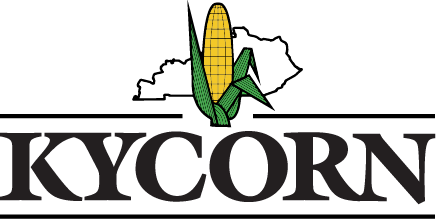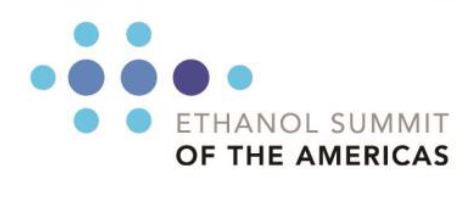Policy makers, industry association leaders and ethanol producers from across the Western Hemisphere have gathered in Houston, Texas, last week for the first Ethanol Summit of the Americas focused on regional collaboration to capture the benefits of biofuels use.
The U.S. Grains Council (USGC) organized the conference in conjunction with Growth Energy, the Renewable Fuels Association (RFA) and the Iowa Corn Promotion Board. Kentucky Corn Promotion Council Chairman Philip McCoun was in attendance as a USGC at-large board member.
The ministerial-level meeting is focused on conveying the economic, environmental and human-health advantages of using ethanol, with speakers sharing their experiences making biofuels policy and discussing how to best support the development and implementation of ethanol strategies with a role for trade.
“Working together as an ethanol industry here in the United States and with our partners around the globe is important to grow the industry,” said McCoun. “This type of event brings together all the stakeholders who need to be sharing ideas and perspectives into one place and helps develop ethanol export demand.”
The Council has strategically focused on the promotion of ethanol for its environmental benefits that include reducing greenhouse gas emissions. The Council works to sync global ethanol policies that include a role for trade as well as overcome restraints related to inadequate infrastructure.
Joint efforts of the Summit’s sponsors and others in the U.S. ethanol industry are already helping successfully establish the United States as a reliable and affordable source of ethanol as countries seek to meet their mandates. The United States set an all-time high for ethanol exports in the 2016/2017 marketing year at 1.37 billion gallons (488 million bushels in corn equivalent), exceeding the previous record set in 2011/2012.
The Ethanol Summit of the Americas directly supports the Council’s goal of expanding the global use of ethanol by engaging with the entirety of the Hemisphere’s ethanol value chain to deliver focused messages on the air quality, greenhouse gas and economic advantages of ethanol as a transportation fuel.


